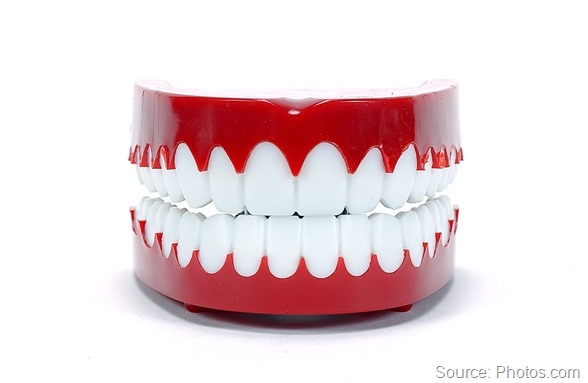The use of high-dose statins to lower cholesterol in heart disease patients appears to have the added benefit of reducing gum inflammation, according to research published in the Journal of the American College of Cardiology.
The findings suggest that measures taken to reduce arterial inflammation also reduce nonarterial inflammation in tissues such as the periodontium, and vice versa, say Ahmed Tawakol (Massachusetts General hospital, Boston) and colleagues.

“Physicians should take this into consideration when discussing antihyperlipidemic treatment options with their patients,” says the team.
The findings come from a randomized controlled trial including 59 patients who had heart disease or were at high risk of developing the condition. Participants were administered either a low dose (10mg) or high dose (80 mg) of atorvastatin on a daily basis over the course of 12 weeks. Positron emission tomography scans were performed to assess inflammation of the periodontal region and the carotid arteries at baseline and at 4 and 12 weeks after treatment.
The researchers report that among those who took the high-dose statin, there was a significant reduction from baseline in gum inflammation after as little as four weeks.
Interestingly, this reduction in gum inflammation correlated closely with an improvement in atherosclerotic disease in the high-dose group.
“Periodontitis and atherosclerosis are both primarily driven by inflammation,” explains Tawakol. “These inflammatory conditions tend to co-exist within individuals and their biologies may be intertwined.”
The authors point out that the findings provide further evidence of the link between gum disease and heart disease and demonstrate how therapies targeted at reducing inflammation in one of the conditions may also produce benefits in the other. The results also raise the possibility that steps taken to improve oral health and reduce gum inflammation may have a beneficial effect on inflamed arteries, they add.
Tawakol and team say that more randomized research in larger cohorts is needed to further investigate the effects of treating periodontal disease with statins, a potentially useful adjuvant therapy.
“The possible interrelationship between periodontitis, atherosclerosis and statins might prove to be of substantial importance, due to the high prevalence of both periodontal and atherosclerotic diseases along with the wide-spread use of statins,” write the researchers.
Sources